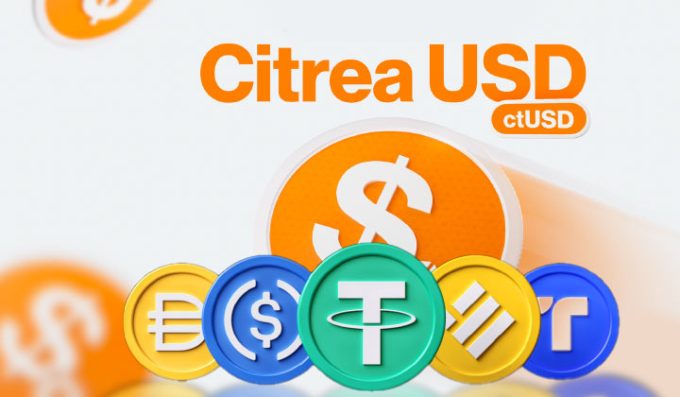The Unexpected Ally In The Climate Crisis
By Kapil Rajyaguru
The Earth is on fire—literally and metaphorically. Temperatures are rising, storms are intensifying, and ecosystems are vanishing. As the world scrambles for solutions, a surprising savior emerges in the form of yes, blockchain technology. Often vilified for its energy demands, blockchain is now proving it can be a powerful weapon in the fight against climate change, offering transparency, efficiency and innovation to tackle one of humanity’s greatest challenges.
Blockchain’s potential extends far beyond powering cryptocurrencies. Its decentralized and immutable design is transforming how industries manage carbon credits, trade renewable energy, and track climate data.
What are carbon credits? They are tradable permits that allow companies to emit a certain amount of greenhouse gases. Each credit represents one ton of CO₂ or its equivalent. By buying credits, companies can offset their emissions.. but the system only works effectively when there is transparency and accountability.
Platforms like Toucan Protocol leverage blockchain to tokenize carbon credits, creating a tamper-proof record of their issuance, trade, and retirement. This ensures accountability, prevents fraud, and bolsters confidence in corporate sustainability efforts.
Energy markets, too, are undergoing a blockchain revolution. Peer-to-peer trading platforms such as Power Ledger enable solar panel owners to sell surplus energy directly to neighbors, bypassing traditional utilities. In communities like Fremantle, Australia, this model not only promotes renewable energy but also empowers consumers with greater control over their energy choices. Meanwhile, decentralized energy grids like the Brooklyn Microgrid in New York allow residents to trade solar energy locally, fostering resilience and independence.
Reliable climate data is another critical area where blockchain shines. Accurate records of emissions and restoration efforts are essential for shaping environmental policies. The Green World Campaign, for example, uses blockchain-based smart contracts to reward land regeneration efforts verified through satellite data, ensuring transparency and encouraging global participation.
However, blockchain’s journey is not without hurdles. The energy-intensive nature of systems like Bitcoin’s Proof of Work (PoW) has drawn sharp criticism because Proof of Work system consumes a significant amount of energy due to the way it validates transactions and secures the network. On the other hand, newer, energy-efficient mechanisms like proof-of-stake, as adopted by Ethereum, are leading the way in reducing blockchain’s environmental footprint.
In a world that’s constantly battling with new-age environmental crises, blockchain comes across as a beacon of hope—a potent tool that could redefine how humanity confronts its most daunting challenge. With collaboration and innovation, it might just help make our planet a better place to live in.
You need to login in order to Like













